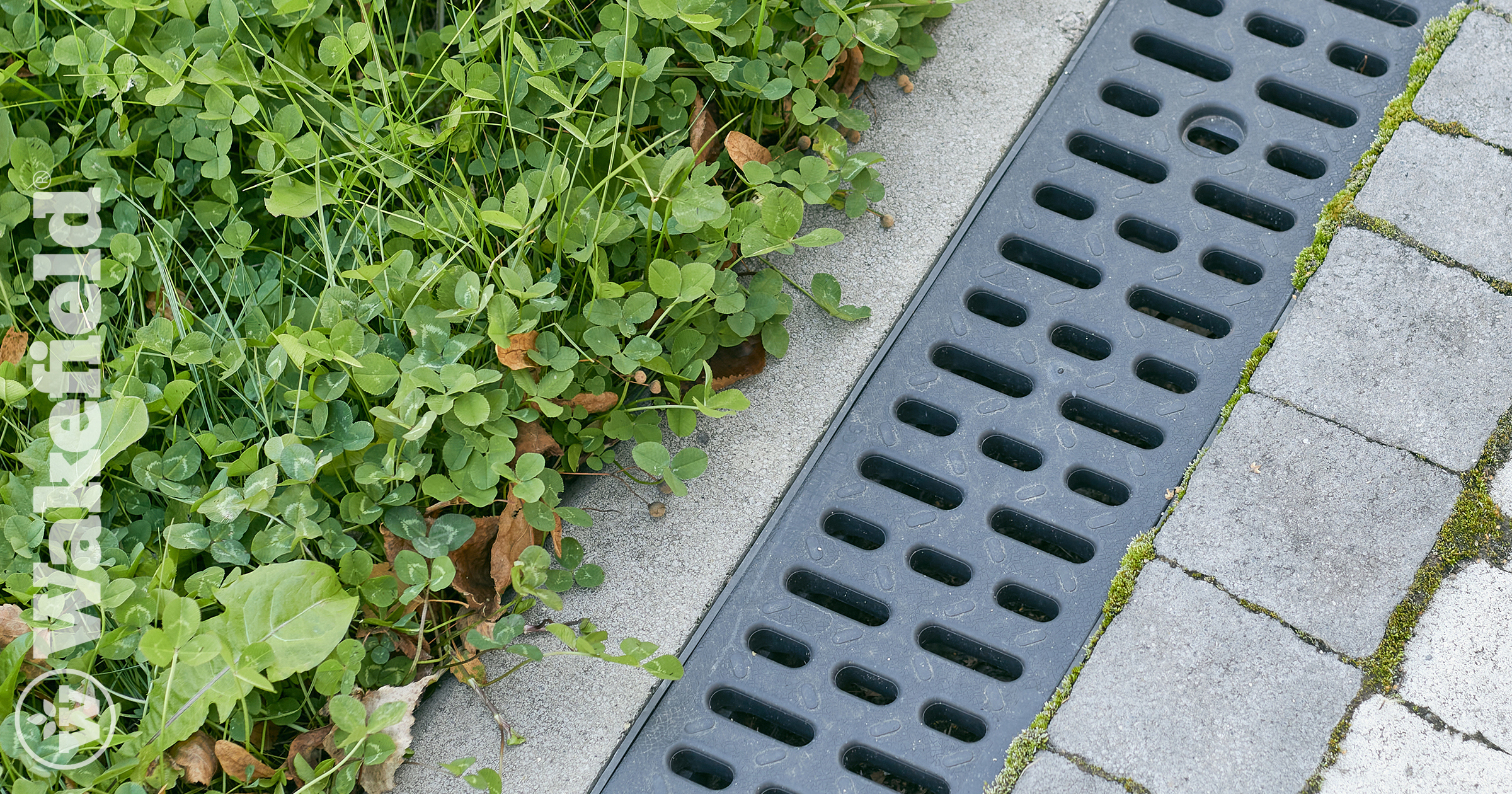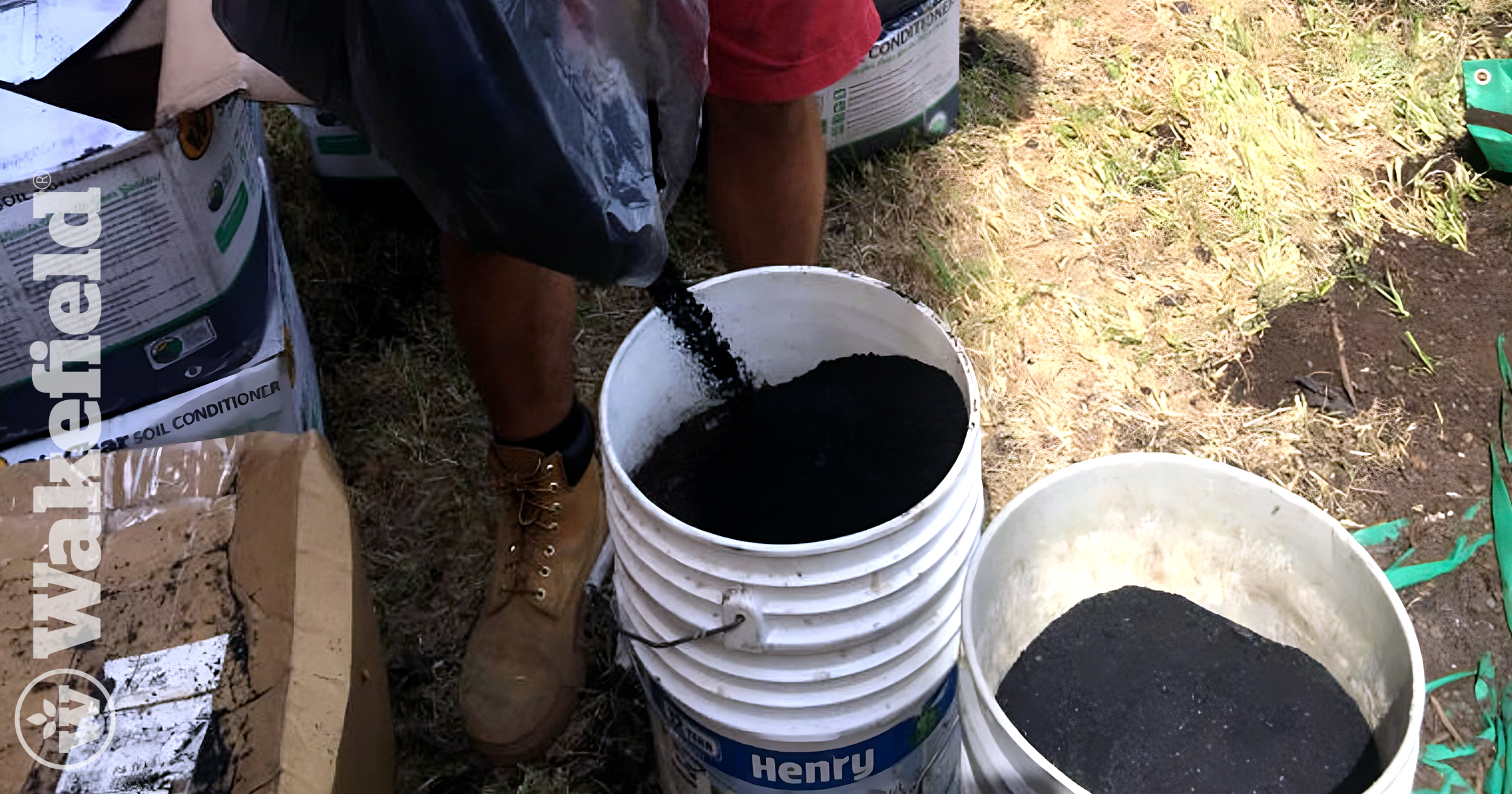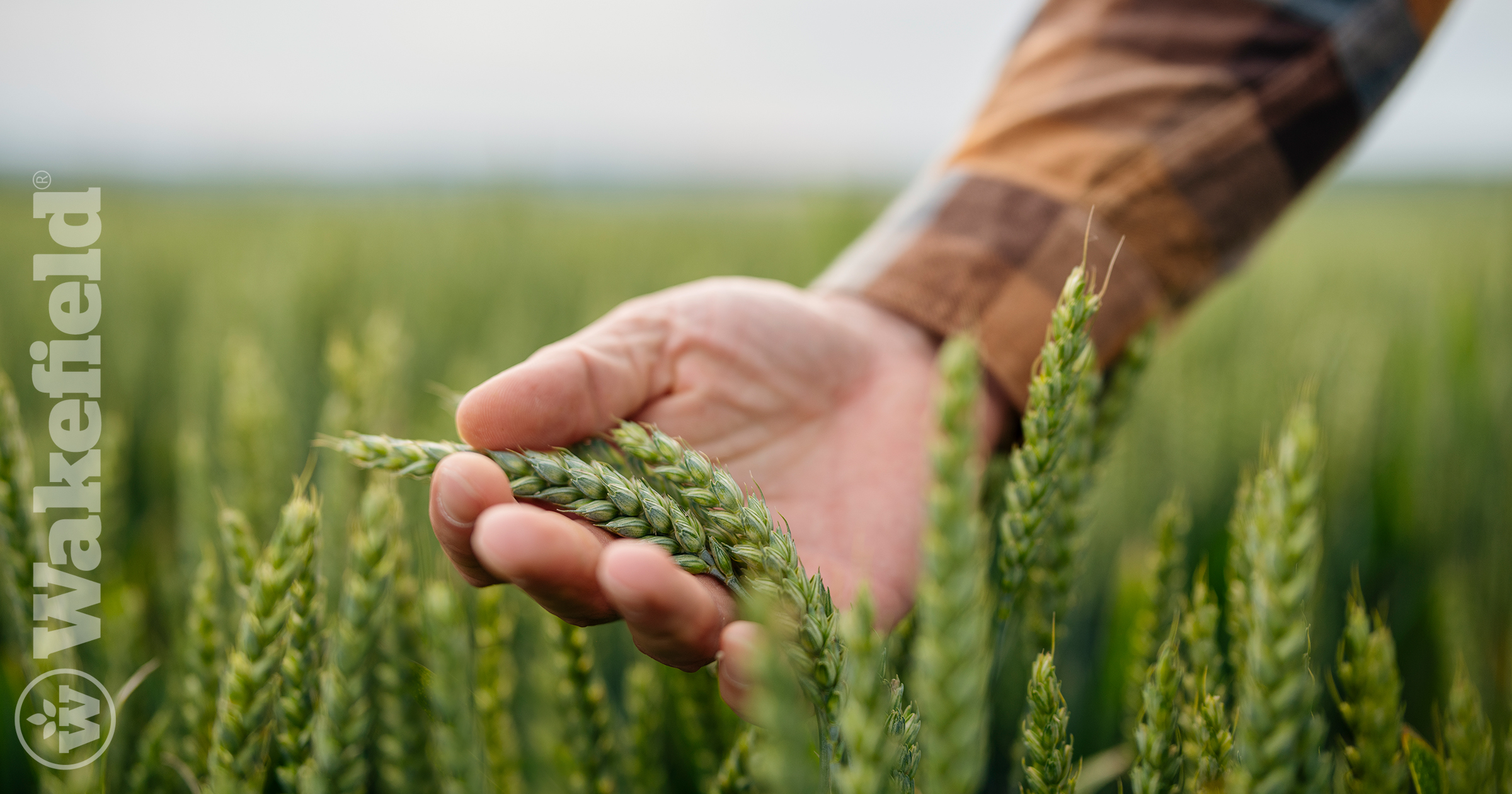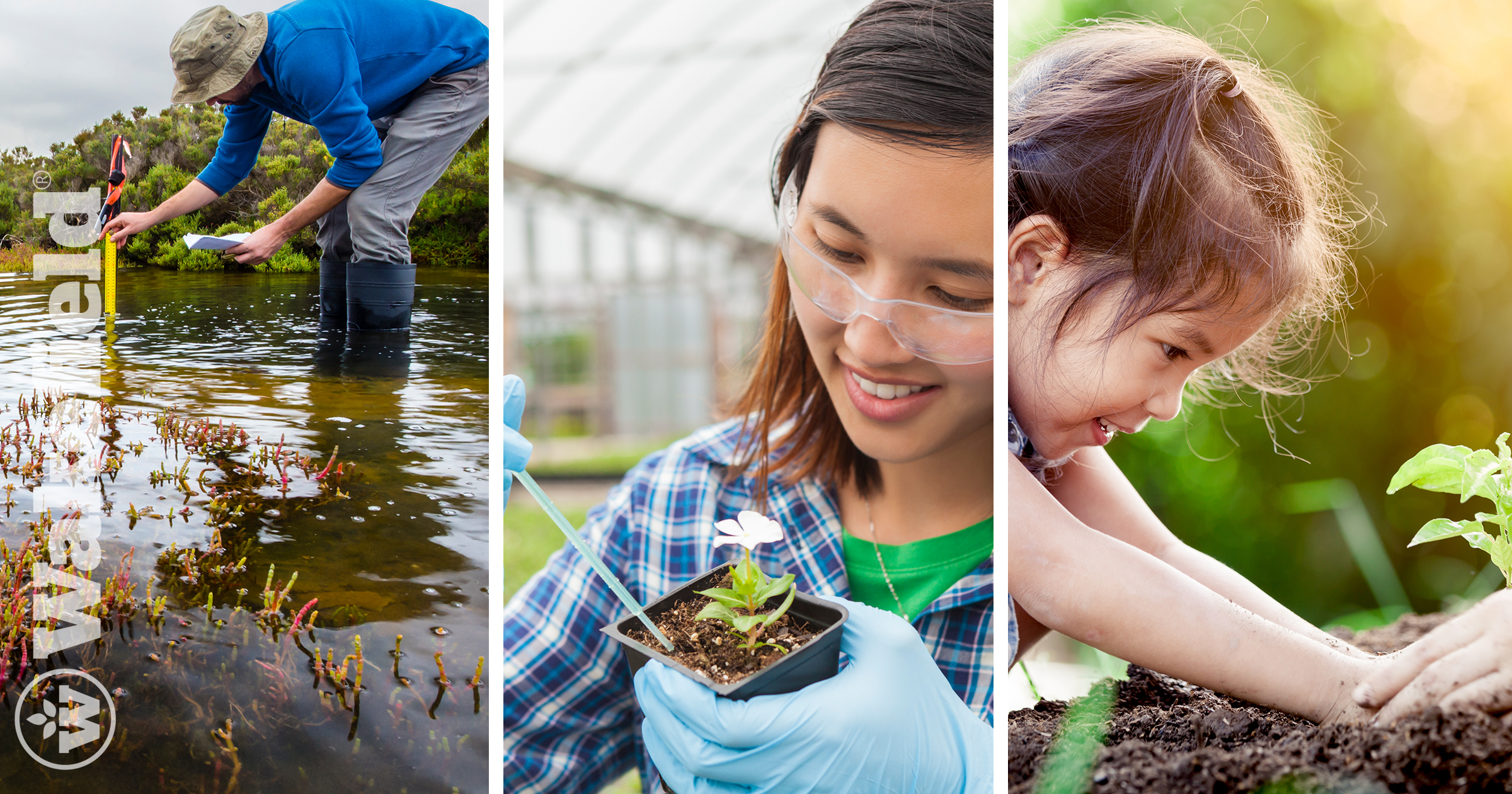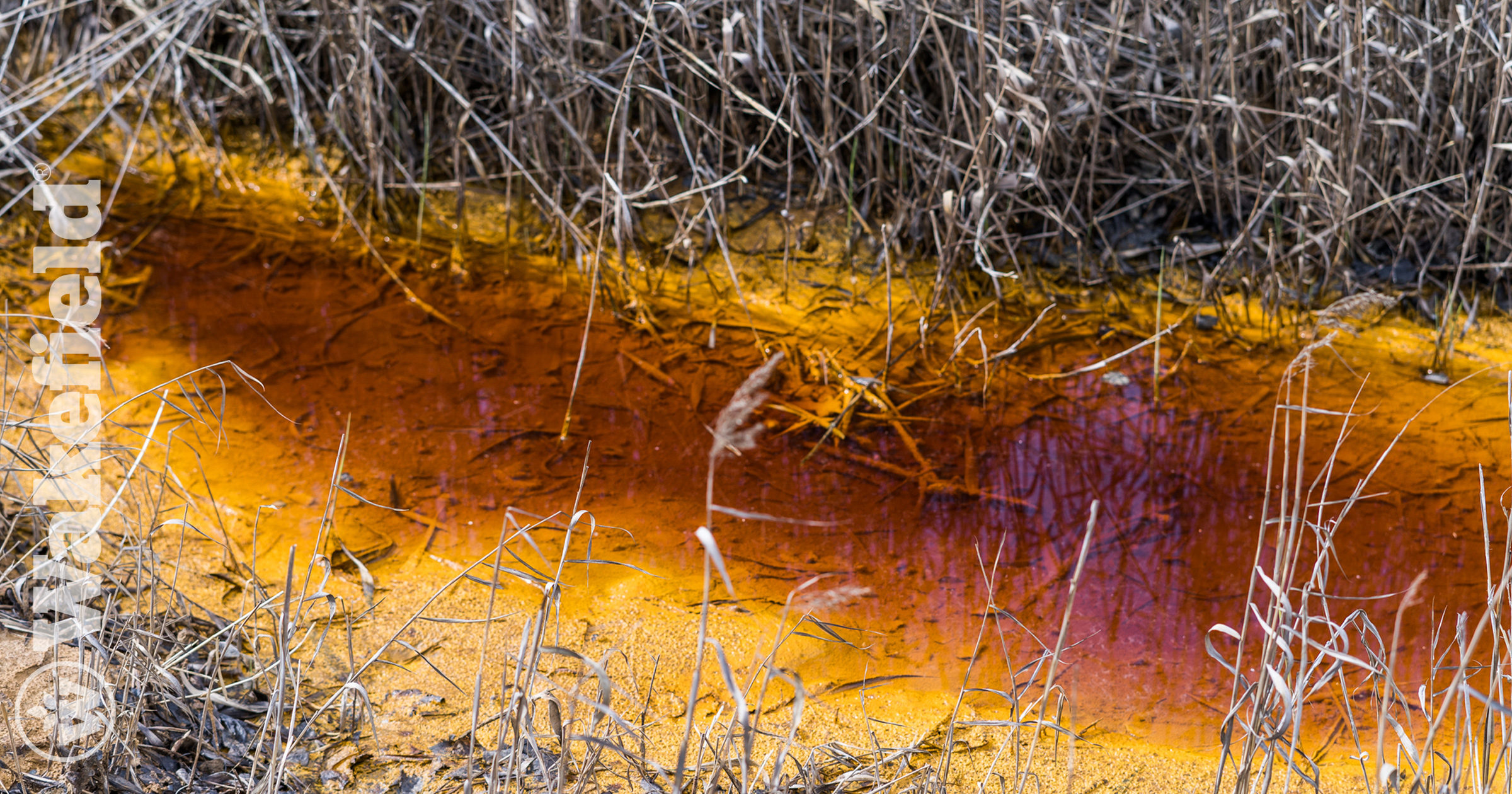
Learning Center
Explore practical articles, expert insights, and step-by-step guides to enhance your gardening.


Learning Center Topics
The following articles appear under the The Science of Biochar category:
Biochars Reduce Mine Land Soil Bioavailable Metals
Scientists investigated the potential of using biochar made from local feedstocks, pine beetle–killed lodgepole pine and tamarisk, to remediate soils affected by mine lands.
The History of Biochar: A 20-Year Timeline of Soil Innovation
Biochar has traveled through history with a story of rediscovery. From the dark earth of the Amazon to today’s sustainable farms and gardens, it has always centered around one thing—building strong, healthy soil. Let’s follow biochar’s journey in 20-year leaps and see how it continues to shape soil health, garden soil, and compost practices. 2000 […]
Biosolids and phosphate remediation with biochar
Biosolids, when treated with biochar, become a potent tool for phosphate remediation, harnessing the power of nature to mitigate water pollution and restore ecological balance.
Poultry and biochar
Find out how biochar can benefit poultry farming by improving waste management and enhancing soil quality.
Biosolid-based biochar with soybean yield
Learn about the benefits of biosolid-based biochar and its positive impact on soybean yield and soil health.
Using Biochar To Remove E Coli From Stormwater
Explore how biochar can be used to effectively remove E. coli from stormwater, improving water quality and safety.
Biochar – Water Retention Capacity Demo
See a demonstration of how biochar improves water retention in soil, enhancing plant growth and reducing water usage.
Biochar impact on crop yields.
Discover how biochar can significantly improve crop yields by enhancing soil quality and nutrient retention.
Biochar Summary of Benefits
Get a comprehensive overview of biochar’s benefits for soil health, plant growth, and environmental sustainability.
Amendment of biochar reduces the release of toxic elements underdynamic redox conditions in a contaminated floodplain soil
Biochar can transform contaminated soils by reducing harmful elements, improving soil health, and protecting water quality, all while helping to fight climate change.





